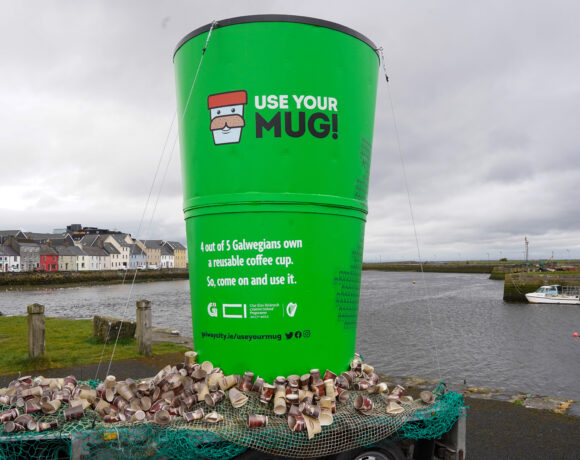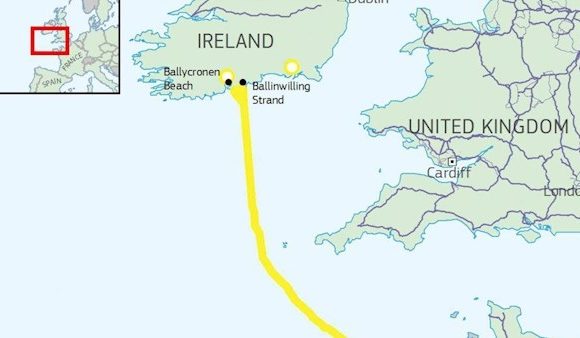Dublin City Council is delighted to announce that the first stage of restoration works have begun at Kilmainham Mill. The stabilisation works began this week on the site and will be completed in the spring of 2023 at a cost of €1.7m.
Kilmainham Mill, which is listed as both a protected structure and a recorded monument, was originally built circa 1800 and functioned as a flour mill. Various additional buildings have been added to the site since, dating from 1856. The result is a significantly large complex of buildings, an infilled mill-race running adjacent to the River Camac. The mill changed use from flour to cloth production in the latter part of the nineteenth century and continued in this use until it closed in 2000.
The Kilmainham Mill complex appears to be the last remaining largely unaltered early-nineteenth-century flour mill in the city of Dublin, and is likely the last remaining fulling (textile) mill in Ireland.
The Council is committed to the sustainable development of a new cultural institution at Kilmainham Mill. The conservation of the mill’s historically significant buildings and features is of paramount importance to the renovation team. Plans for the site include the creation of a community hub, which will potentially include a visitor centre, craft production facilities and/or an outdoor green space.
The restoration of Kilmainham Mill is being overseen on behalf of DCC by a design team led by Howley Hayes Cooney Architects, assisted by structural engineers, industrial heritage experts, archaeologists, ecologists etc. The works will provide safe access to the building complex for the first time and allow DCC to begin the process of developing and implementing the long-term restoration strategy.
Source: Dublin City Council













